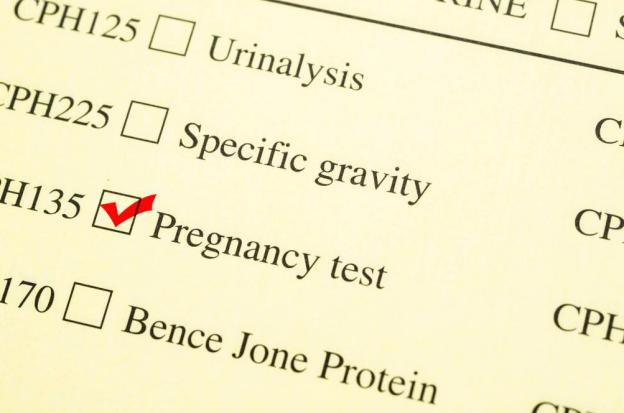In recent years, the medical coding and billing industries have surged in popularity. And while public interest in these fields of study is at an all-time high, very few people know that only certified medical coders are in demand in the public and private healthcare sectors.
Today, we’ll be taking a closer look at what these coding certifications are, why they matter, and how they’re regulated.
Who Regulates These Certifications?
Generally speaking, three institutions offer medical certifications, namely;
1. The AHIMA:
The American Health Information Management Association (AHIMA) offers numerous medical coding certifications. Some of which include the likes of:
- CCA:The Certified Coding Associate certification is the grassroots coding certification offered by the AHIMA.
- CCS:The Certified Coding Specialist certification is offered to pupils who have gone the extra mile and have earned their majors and minors in a particular field of study.
- CSS-P:The Certified Coding Specialist Physician-based certification is offered to coding experts who have three years of experience in the healthcare industry.
More information about these respective credentials can be found by visiting the AHIMA’s official website.
2. The BMSC:
The Board of Medical Specialty Coding and Compliance (BMSC) also offers three distinct coding credentials, namely;
- SCP:The Specialty Coding Professional is offered to those students who have majored in a particular sub-domain of medical coding.
- ACS:Advanced Coding Specialists are veterans of the coding industry who have the required experience level and have completed additional courses.
- HCS-D: As the name suggests, the Home Care Coding Specialist in Diagnosis certification is for coders who specialize in dealing with outpatients who receive professional healthcare in the comfort of their homes.
More information about these credentials can be found on the BMSC’s official website.
3. The AAPC:
The American Academy of Professional Coders (AAPC) offers four different coding certifications to students, namely;
- CPC:The Certified Professional Coder certification is the most basic coding certification offered by the AAPC.
- CPC-H:Coders boasting the Certified Professional Coder Hospital certification specialize in dealing with outpatients.
- CPC-P:Coders with the Certified Professional Coder Payer specialize in healthcare cases pertaining to insurance providers.
- CIRCC:Coders with the coveted Certified Interventional Radiology Cardiovascular Coder certification are perfect for healthcare centers specializing in cardiac cases.
More information about these certifications can be found by visiting the AAPC’s official website.
How to Become a Certified Medical Coder?
Becoming a certified medical coder is relatively straightforward in today’s day and age as all one needs to do is to find a medical and technical institute that offers these certifications. If you want to earn your medical certifications then the Allied Prep Technical Institute would love to be of assistance to you!
We are a medical training institute that offers medical billing and coding training and certifications to our students on our campuses and online. Our rigorous tests and training programs arm our students with the knowledge and the expertise they need to perform their job at the highest level possible.
Contact us today to learn more about how you stand to benefit from signing up for our classes!

